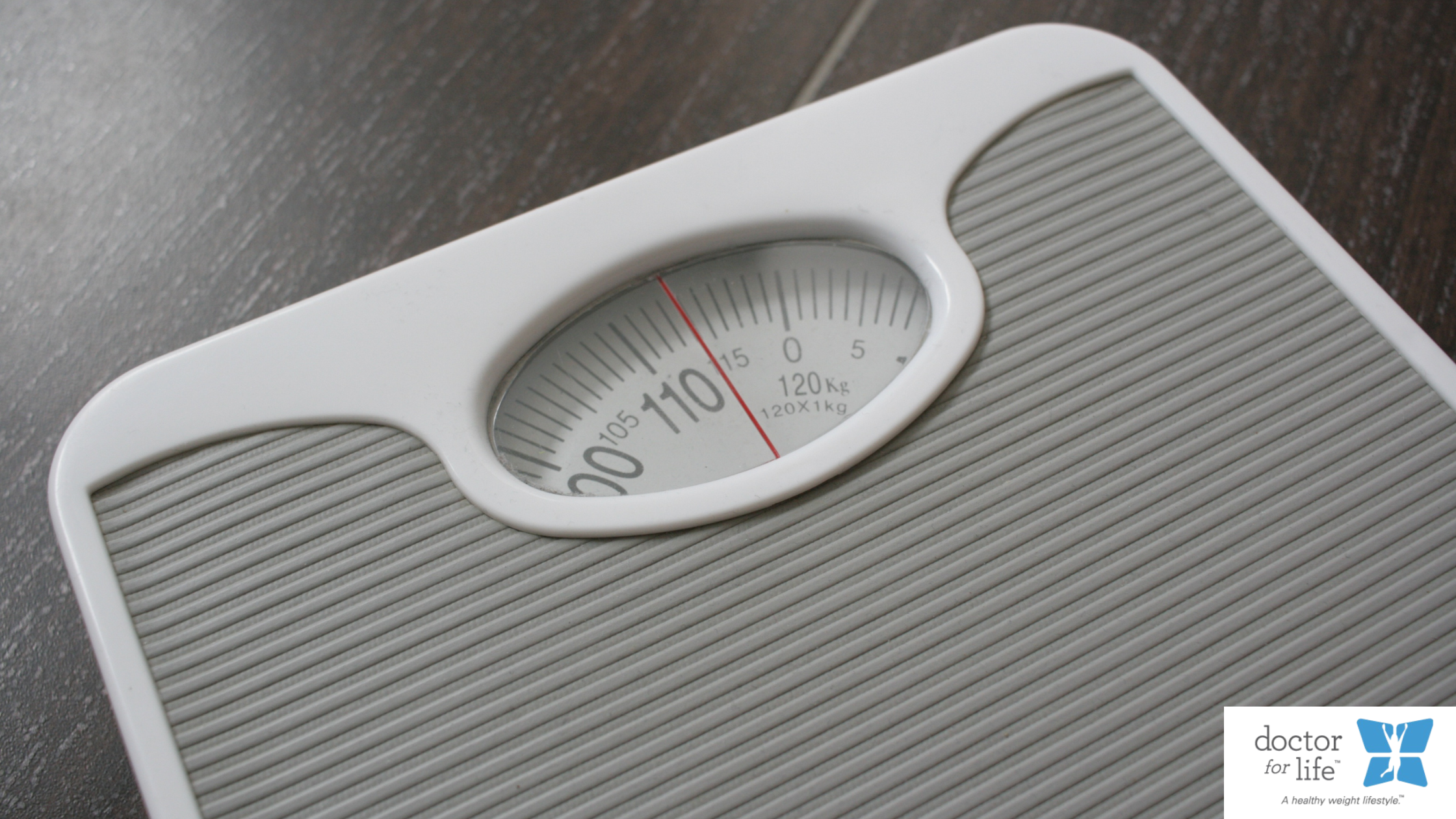
So, you want to lose weight but don’t know where to start?
Overweight and obesity are now the most common nutritional disorders worldwide—more widespread than undernutrition. This means more people than ever are actively trying to shed pounds.
Unfortunately, this global effort has fueled a multibillion-dollar weight loss industry. Type “how to lose weight” into any search engine and you’ll be flooded with diets, pills, shakes, and plans—all promising quick fixes. Among these, crash diets are everywhere, from the cabbage soup diet to the keto craze. But the information is often contradictory and overwhelming.
What is a crash diet?
A crash diet is a rigid eating plan that typically eliminates one or more major food groups. It often comes with strict rules and promises fast, dramatic weight loss.
But isn’t fast weight loss a good thing?
It’s certainly tempting. Stick to a strict plan for a few weeks, see the scale drop fast, and you might feel like you’ve nailed it.
But here’s the truth I always tell my clients: if crash diets really worked, we wouldn’t be facing an obesity epidemic. These diets often have serious side effects and, worse still, usually lead to regaining the lost weight—and sometimes more.
So before jumping into another crash diet, remember: over 90% of them fail. You wouldn’t invest your money in a business with that kind of risk, so why gamble with your health?
What actually happens on a crash diet?
No matter the name or trend, crash diets all rely on one basic principle: cutting your calorie intake drastically.
Your body needs energy to function—just like a car needs fuel. That energy powers your brain, lungs, heart, digestive system, and countless other processes you don’t even notice. When you’re not consuming enough food to meet these needs, your body turns to its energy stores—mainly body fat.
A sustainable fat loss of 1–2 pounds (0.5–1 kg) per week is already a major accomplishment. It means you’re reducing your intake by 3,500–7,000 calories per week. Doing this with healthy food choices and exercise not only protects your health but also encourages long-term habit change and a better relationship with food.
So, why are crash diets still so popular?
Because slow weight loss feels… well, slow. When someone decides to lose weight, they’re often frustrated with their body and eager for quick results. The promise of losing 10+ pounds in one week is hard to resist—even if it’s unrealistic or harmful.
5 reasons fast weight loss doesn’t work:
1. You lose muscle, not just fat.
If your body isn’t getting enough protein, it starts breaking down muscle to get the amino acids it needs. That’s bad news—muscle keeps you strong, helps shape your body, and supports metabolism. The goal should always be fat loss, not muscle loss.
2. You’re probably losing sugar stores, not fat.
When calories or carbs are severely cut, your body uses stored sugar (glycogen) in your muscles and liver for energy. Each gram of glycogen holds water, so when it’s depleted, you lose weight—but it’s mostly water and sugar stores, not fat. As soon as you eat carbs again, your weight bounces back, which can feel discouraging.
3. You’re dehydrating your body.
Glycogen loss leads to water loss, which means crash diets often cause dehydration. Since the human body is around 60–70% water, even slight dehydration can impact your mood, energy, and mental function. Losing water weight is not a healthy goal.
4. Crash diets often cause long-term weight gain.
Many people fall into the yo-yo diet cycle—strict restriction followed by bingeing. Over time, this damages your metabolism, creates an unhealthy relationship with food, and often leads to gaining back more weight than you lost. You might end up heavier than when you started.
5. Crash diets ignore the root cause of weight gain.
Relying on restrictive diets is like putting a bandage on an infected wound—it may cover it, but it won’t heal it. To lose weight sustainably, you need to understand the habits, thoughts, and emotions behind your weight gain. Without addressing the root cause, old patterns return—and so does the weight.
In summary:
Extreme diets can lead to loss of healthy muscle mass, energy stores, and water—vital components your body needs. So when the number on the scale drops rapidly, it’s rarely fat loss.
It’s time to ditch crash diets for good. They’re built to fail—and to keep you coming back. Instead, shift your focus to your daily habits. What caused the weight gain in the first place?
For many people, it’s stress, lack of time, or limited nutrition knowledge. Prioritize balanced eating, regular movement, and consistency. It takes around 7 days before your body begins burning stored fat—so don’t get discouraged by slow progress. If the scale demotivates you, track how your clothes fit instead. A pair of snug jeans can be a better measure of progress than a number.
Sustainable weight loss is 100% possible.
You just need to tune out the noise of the weight loss industry and take the less glamorous but far more effective road: long-term habit change.
Give it a few months. You’ll not only see results but gain the tools and mindset to maintain a healthy weight for life.
A healthier, more energized you is waiting. Start today—and remember: slow and steady truly does win the race.